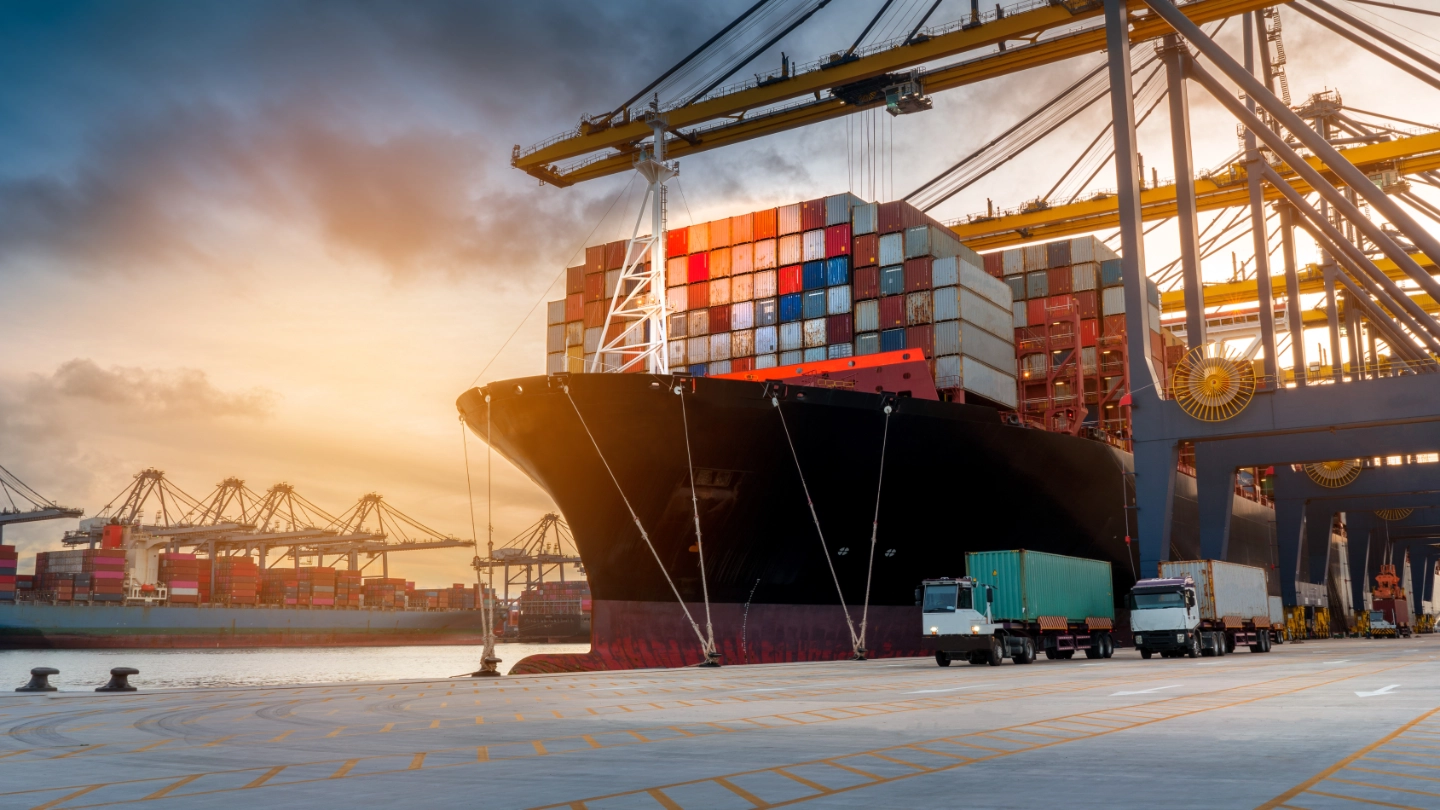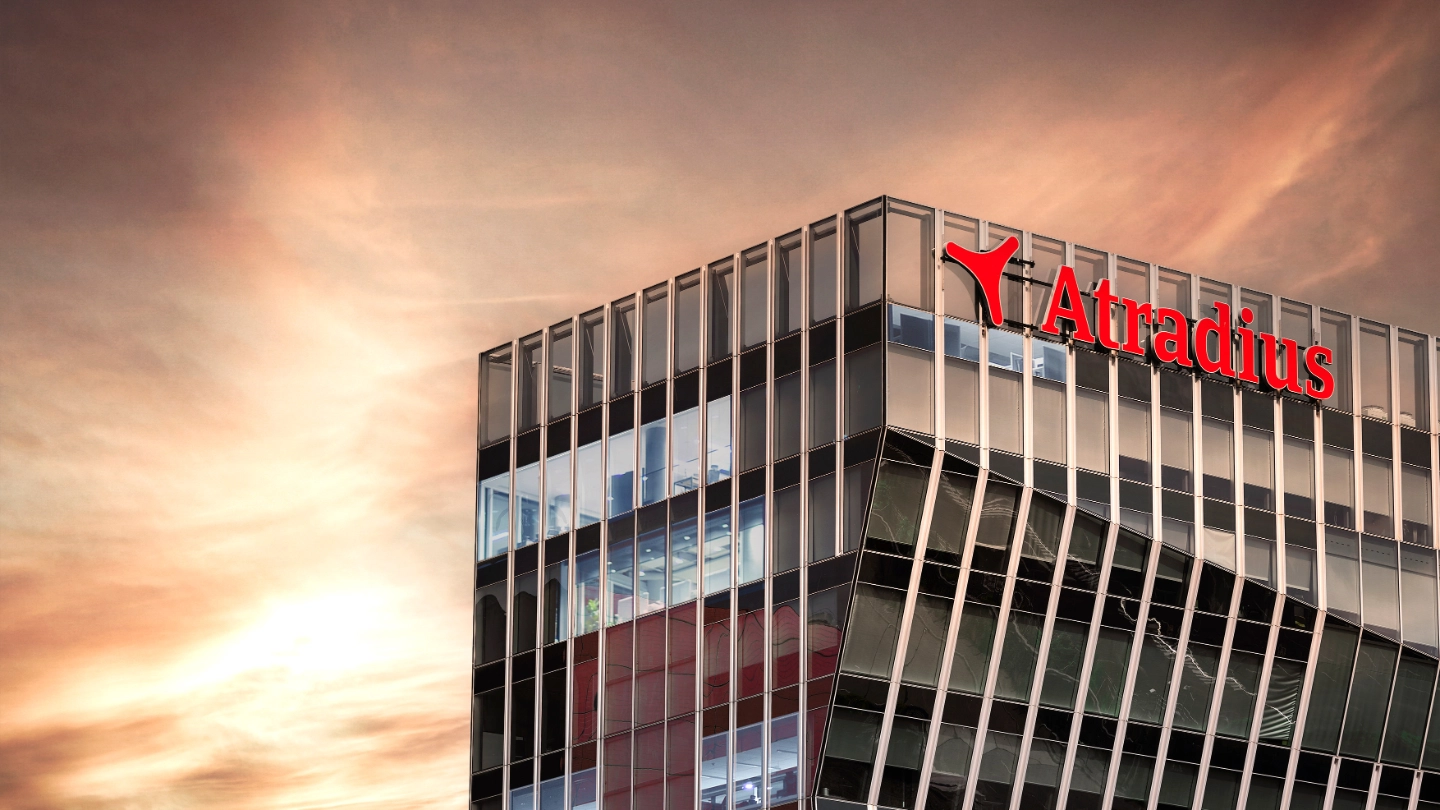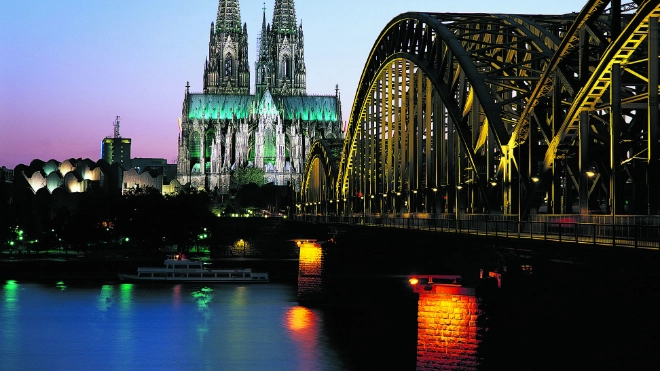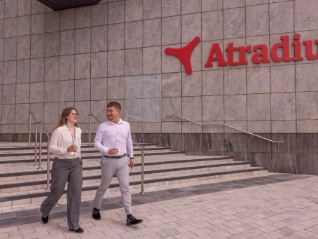Atradius Atrium
Get direct access to your policy information, credit limit application tools and insights.
 United Kingdom
United Kingdom













Load more
Viewing 7 out of 152







Load more
Viewing 7 out of 35







Load more
Viewing 7 out of 24







Load more
Viewing 7 out of 14







Load more
Viewing 7 out of 8







Load more
Viewing 7 out of 9